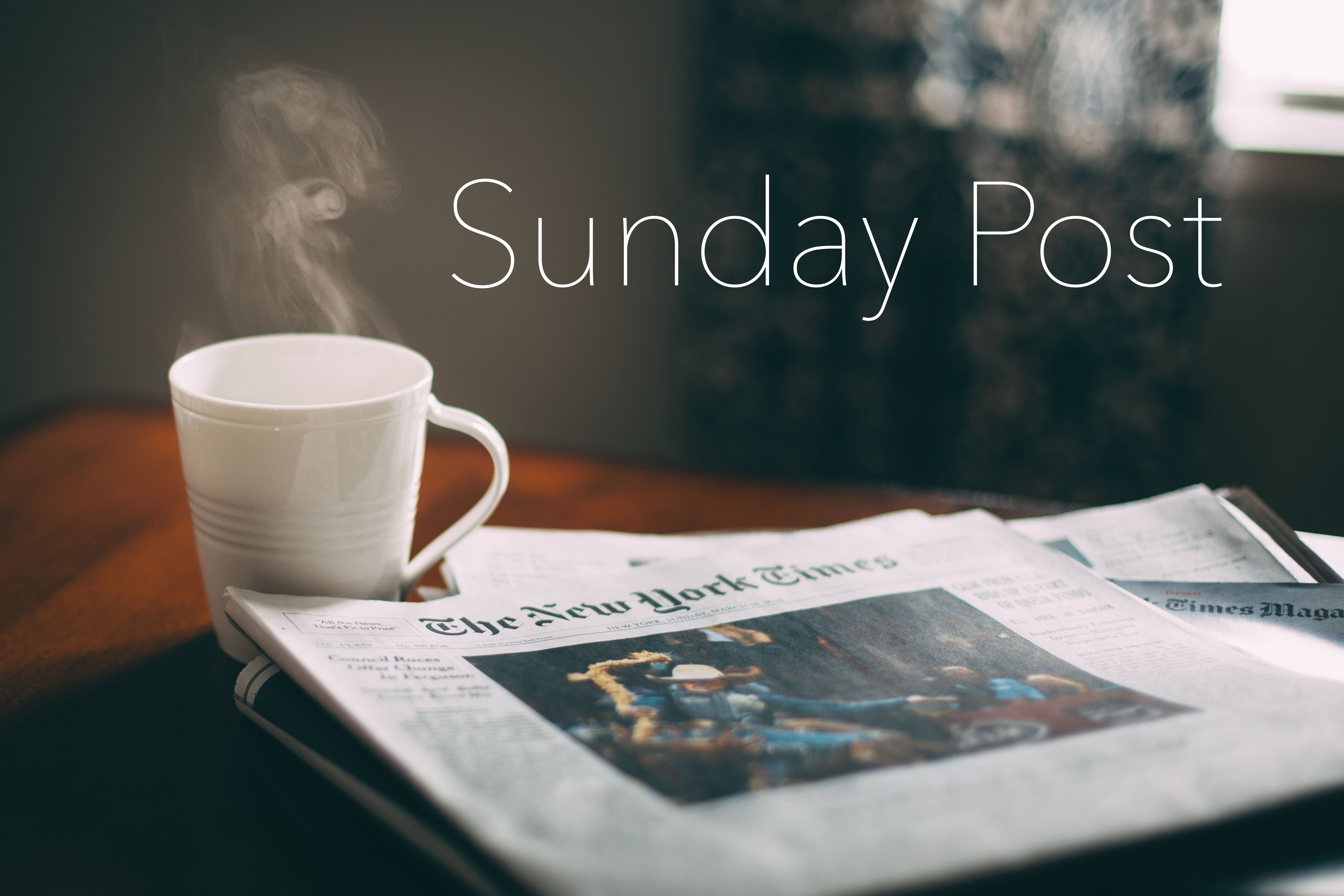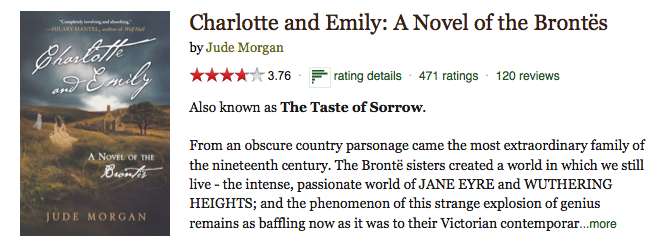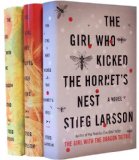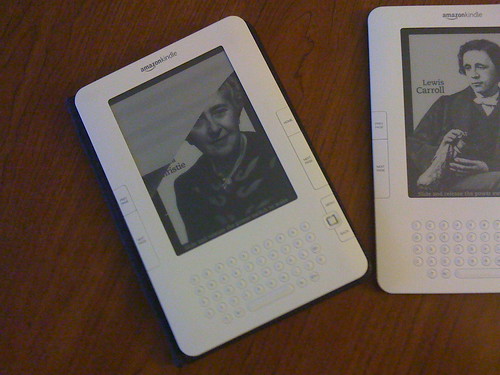
Greetings on this frigid Sunday in New England. My wonderful hubby actually ventured outside today to help our neighbor jump start his car. I told him, and I meant it, that he’s a good neighbor. He said the air felt like frozen knives. I am glad it’s warming up before I have to go back to school after the holiday weekend.
I have been giving some thought to book ratings. I find that Amazon’s ratings are sometimes a bit on the high side, and otherwise, they can be a mixed bag in terms of helpfulness as many customers rate things like packaging. I find that infuriating because it doesn’t tell me anything about the book. Of course, the more popular a book is, the more accurate the ratings seem to be.
Goodreads, on the other hand, has a rating system that works as follows:
Rating: 



 = it was amazing
= it was amazing
Rating: 



 = really liked it
= really liked it
Rating: 



 = liked it
= liked it
Rating: 



 = it was ok
= it was ok
Rating: 



 = did not like it
= did not like it
I don’t really like this rating system, so on my Goodreads profile, I explain what my own ratings mean. To me, 3 stars is a bit low for a book that I liked. To me, that’s an okay book. I think 2 stars is low for an okay book. To me, that’s “I didn’t like it.” I reserve 1 star for books I hate. I don’t give 1 star ratings often because I don’t finish books I hate very often. Same with books I don’t really like. So I have a lot of higher ratings, or at least a lot of ratings from 3-5 stars. I know a lot of folks who reserve 5 star ratings for the best books of all time. I don’t. I give 5 stars to books I love. They might not even be my favorite books, but if I loved reading them, then they get 5 stars. I suppose we all need to figure out our own system for rating books, and I don’t usually hear much from others about my ratings. However, a few years back, a Goodreads friend (someone I don’t know well) commented about my higher book ratings. I didn’t unfriend him over it, but I thought about it because I thought he was rude. I disagree with many of my friends’ ratings, but our responses to books are personal, and no two people ever read the same book, so it’s natural that we will feel differently. I don’t let anyone shame me into “grading harder.” I think that’s ridiculous.
I don’t know why that was on my mind, but it was. Today, I recorded my last lesson for the online guitar class I have been taking through Berklee College of Music and Coursera. It has been a lot of fun. The instructor is quite good, and I found I learned a lot more theory this time around than I did when I took guitar classes in high school and college. Actually, I learned more theory than all the years I was in school band, come to that. I found it really fascinating, and now I want to take the music theory course on Coursera. I would really like a more advanced guitar course, but I am not sure there are plans to create one. I’m not the only student who is interested, though, if the forums are any way to judge. I am starting to get some good callouses on my left hand fingers.
I am glad I have a three-day weekend. I am hoping to catch up on some reading tomorrow. I am nearly finished listening to the third book in the All Souls Trilogy by Deborah Harkness, The Book of Life. I might be able to finish it tomorrow some time, in which case I’ll post a review here (with my own star rating, too). I have been trying to finish Marie Antoinette: The Journey by Antonia Fraser. It’s hard to tell because I’m reading on Kindle, and the book has a lot of end notes, but I think I’m getting close to the end. At any rate, the Bastille has been stormed and the royals have been forced to the Tuileries. I am not really sure how I’m feeling about I’ll Give You the Sun by Jandy Nelson. I can tell you I don’t like the really long chapters. I feel like I have to stop in the middle of something because I can’t read chapters that long in a go. I’m also not grabbing the book when I want to read, which is telling.
I am turning in. I need to do a bit of planning tomorrow, and I want to read a bit before I go to sleep. I hope everyone had a lovely Valentine’s Day.
The Sunday Post is a weekly meme hosted by Caffeinated Book Reviewer. It’s a chance to share news, recap the past week on your blog, and showcase books and things we have received. See rules here: Sunday Post Meme. Image adapted from Patrick on Flickr.












